The ELD electronic logging device has become an essential tool for trucking professionals since the FMCSA issued its mandate. This legislation is aimed at commercial vehicle drivers who are required to keep RODS and operate under HOS rules. In this article, we will go over some of the most important electronic logging device mandate rules and what HOS247 offers to carriers, fleet managers, and drivers to help them achieve compliance and increase productivity.
Do you have any questions? Talk to ELD Advisor: 650-405-3372 or Request Callback
What Is the Electronic Logging Device Mandate?
Enforced by the federal government, the ELD mandate requires most truckers who keep RODS to do so using an elog. However, not just any electronic logbook is enough to be compliant; there are specific regulations for devices’ design and performance, and vendors must register their products with the FMCSA.
The electronic logging device mandate rules state that drivers must keep some documents in the cabin, including the device’s manual, instructions to transfer RODS to safety officials, and eight days worth of paper logs in case of an elog malfunction. Finally, this law forbids harassment of drivers on the basis of the data collected by their electronic logging device; drivers have resources available to denounce such behaviors.
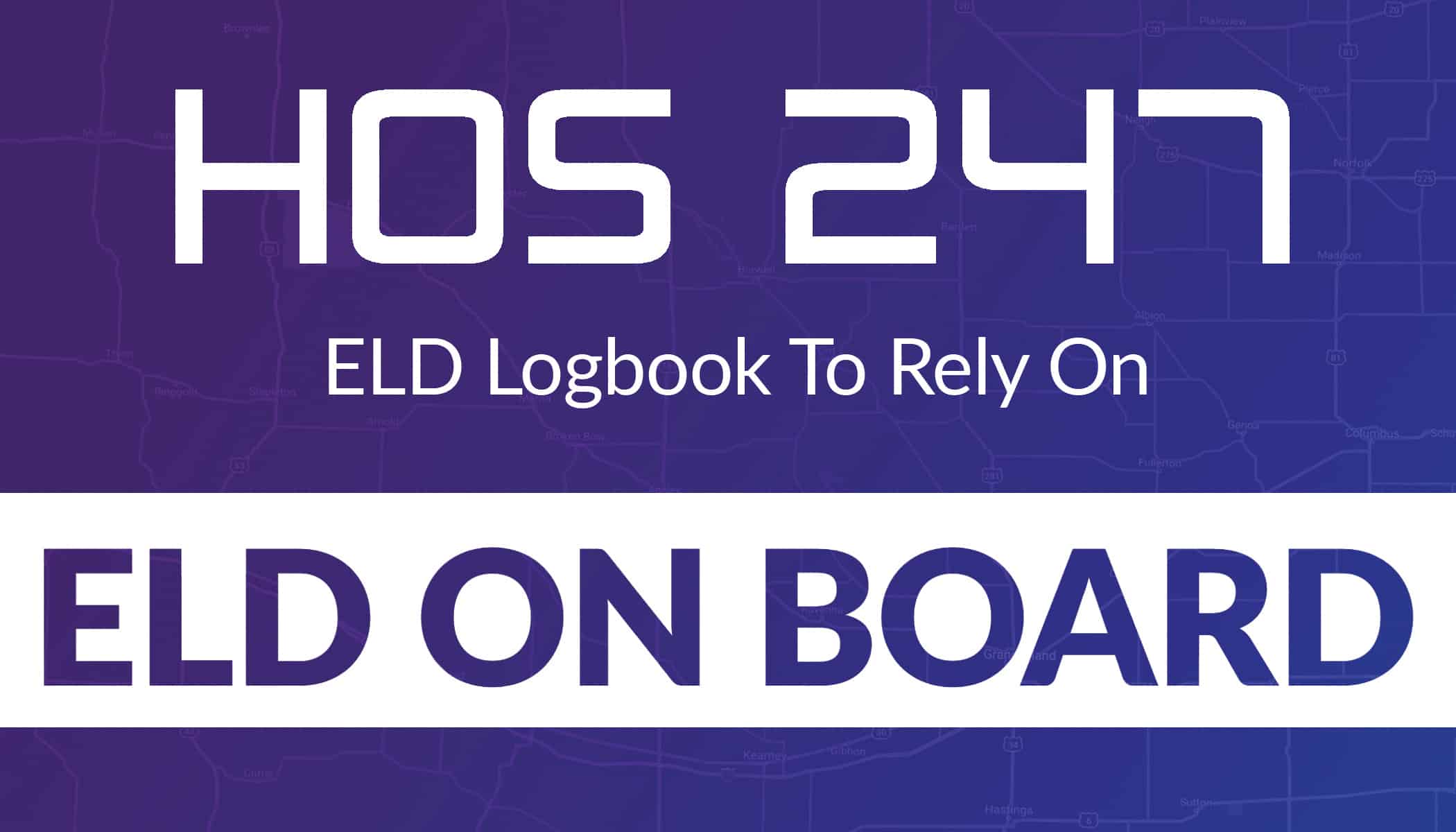
Who Needs an ELD Logging Device?
As a commercial driver working in the United States, HOS rules probably apply to most of your operations, if not all. Motor carriers and drivers who keep records of duty status are all subject to the electronic logging device mandate. Regulations in the legislation will apply to drivers operating within the United States, even if they reside in Canada or Mexico.
The federal rule allows limited exceptions, including:
- Short-haul driver exception. Drivers who operate within a 150-mile radius are allowed to continue using timecards; since they are not required to keep RODS, there is no need for elogs.
- 8 days/month exception. Drivers who use paper RODS for no more than 8 days out of every 30-day period are exempt.
- Drive-away-tow-away exception. In those operations in which the vehicle being driven is the cargo or part of it, the use of an ELD electronic logging device is unnecessary.
- Manufacturing date exception. Drivers operating vehicles with engines manufactured before the year 2000 are also exempt from the use of an ELD logging device since their vehicles are not compatible with the technology.
How Does the HOS247 ELD Work?
Electronic logging devices connect to the engine’s control module (ECM) to synchronize the vehicle with the logbook app and fleet management portal. To provide an effective system, HOS247 has made sure to develop a reliable solution with quality hardware, stable Bluetooth connection, and premium technical support. This device is a tool of daily use for truckers. Its purpose is to keep records of vital information, such as:
- Identification data. This includes affiliation information for the driver and the motor carrier.
- Vehicle data. The electronic logbook records crucial information such as date, times, locations, engine hours, and distance driven.
- Location data. The elog keeps records of vehicles’ locations, including where the truck is turned on or off.
- Off-duty driving data. Personal use and yard moves are supported.
The ELD logging device has an accuracy of a one-mile radius while the driver is on an operation and 10 miles when driving for personal use to protect drivers against harassment. In that line of thought, an electronic logbook will not collect any information regarding speeding or braking; it will strictly stick to information necessary to demonstrate compliance with HOS regulations.
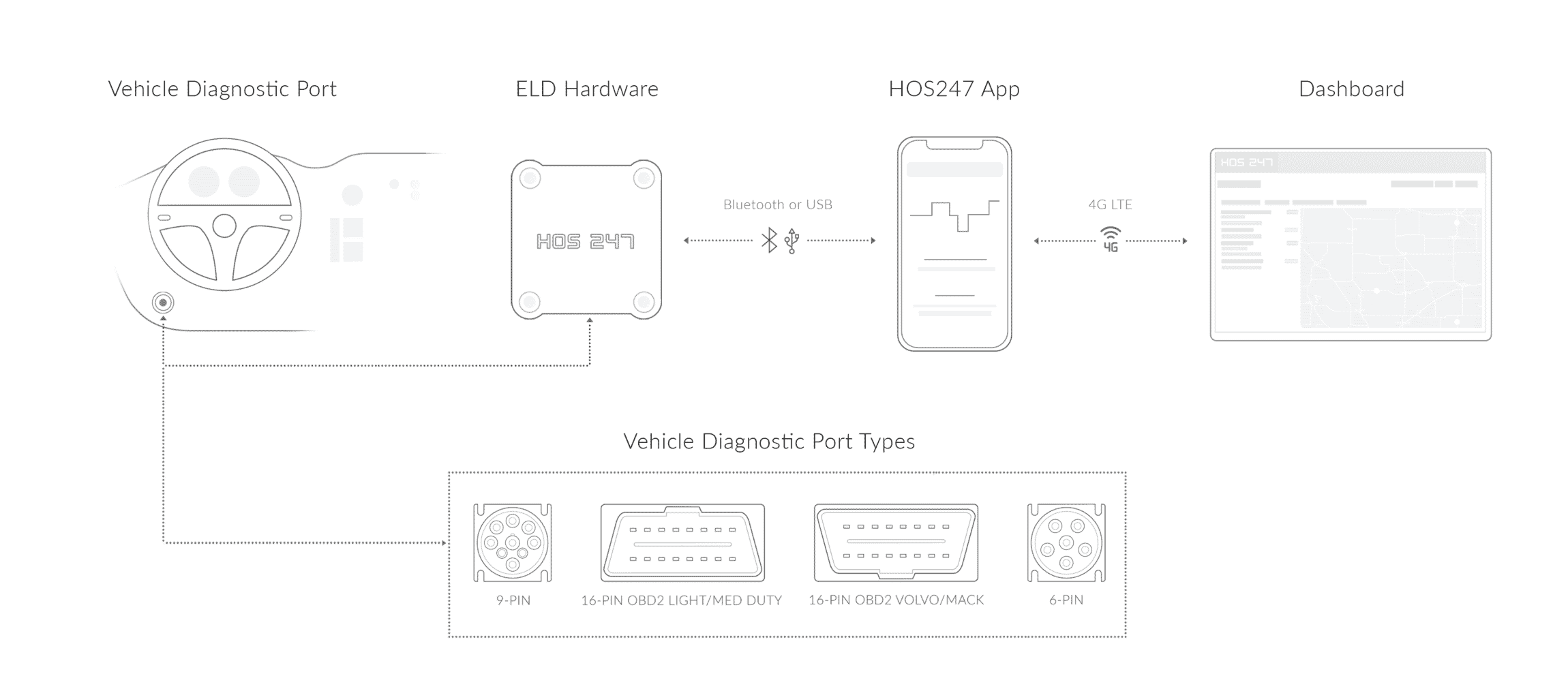
HOS247 Is a Leading Elog Service Provider
For several years now, HOS247 has provided high-quality and reliable ELD electronic logging devices for trucking professionals and motor carriers with fleets of all sizes. We have also made it a point to offer compatibility across the board: the HOS247 logbook runs on all types of vehicles and both Android and iOS smartphones and tablets. In addition to all the above, HOS247 also offers:
- Top-rated customer support. Our multilingual technical support service team is available every day of the week to provide the support drivers may require when working with their ELD electronic logging device.
- No contract policy. As a trustworthy business partner, HOS247 offers a subscription service that allows customers to scale their plans up or down as needed, without having to sign or commit for extended periods.
- Two-week trial period. Test driving is extremely important. Take the HOS247 ELD electronic logging device on a ride and see if it helps your operations. For a couple of weeks you can get firsthand experience on its performance. If your expectations aren’t met, you may return it within that period and claim a hassle-free refund.
- Dependable hardware. Our hardware piece meets the high standards required for this business; it has been designed to perform seamlessly even in difficult circumstances.
- User friendly app. The electronic logbook has been designed with truckers in mind. We are top rated on Google Play and the App Store for its ease and post-sale support. Our app is the perfect pair to the durable hardware, providing a stable Bluetooth connection.
- Extra features. GPS tracking, fleet maintenance, IFTA mileage calculations and vehicle diagnostics can all be integrated with our ELD electronic logging device. These features can be added to our flexible plans according to carriers’ needs to streamline administrative tasks and boost overall productivity.
Do you have any questions? Talk to ELD Advisor: 650-405-3372 or Request Callback
What Is the Carrier’s Responsibility in Using DOT Approved ELDs?
ELD logging devices must be approved by the FMCSA. There are specific standards for vendors to meet in order to achieve compliance with the electronic logging device mandate rules. Manufacturers must declare they meet these criteria to register on the FMCSA’s official list of approved devices. However, there is no mechanism from federal authorities to verify actual compliance. Consulting the list on the Authority’s website is important, but some research is necessary before choosing an elog provider. App distribution platforms are a valuable source of information.

If truckers complain about having compliance issues or being fined because of a particular electronic logbook, it might be best to go a different way. Also, providers may be removed from the list if they are found to be non-compliant, so transportation businesses should review their providers’ status periodically to make sure they remain on the list. At HOS247, we have tested our solution extensively to offer a dependable electronic logbook solution that expands the fleet’s capabilities and helps truckers achieve compliance, safety, and productivity.

I’ve co-founded, built and managed several transportation-related businesses. Now, I’m a founder and CEO of HOS247 – an AI Transportation Platform for trucking companies, freight brokers and other logistics operations. We are transitioning old-style operations to technology-advanced logistics entities and help them to grow their businesses. ELDs (electronic logging devices), fleet tracking and management 2.0 combined with AI-powered dispatch tools.











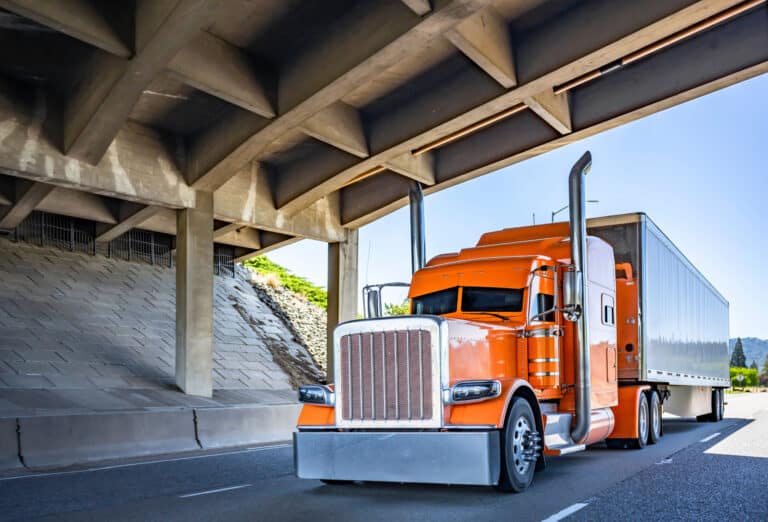
If you want to streamline your fleet management processes, it’s crucial to ask yourself: What is fleet tracking and how can it make a difference for my business? GPS fleet tracking is a digital solution that empowers truckers to monitor
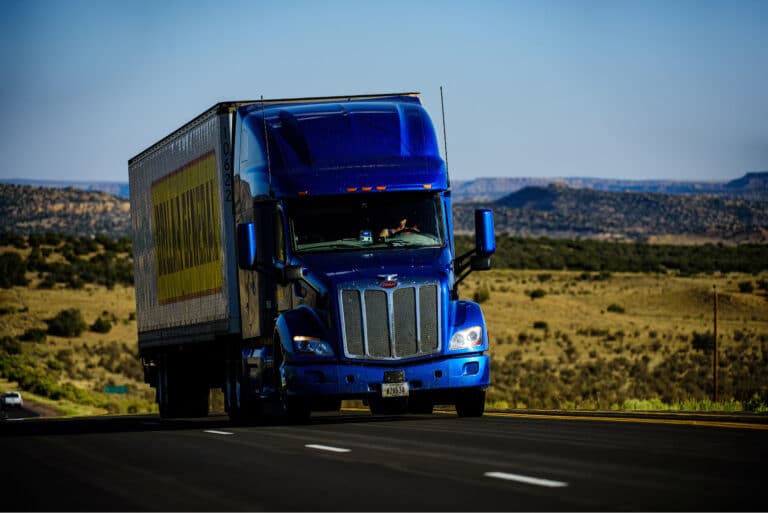
If you are looking for ways to cut operational costs, increase fleet security and streamline workflows, you may want to learn more about truck monitoring systems available on the market. Enhanced with telematics technology, GPS devices for truckers allow motor
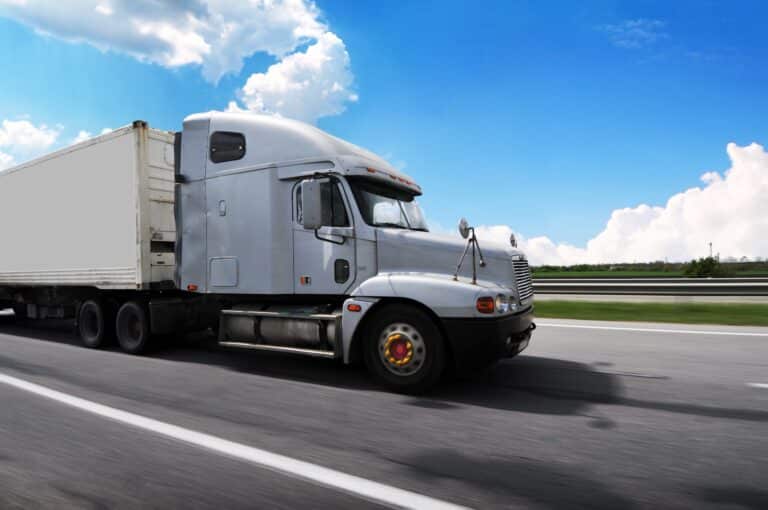
Electronic logbooks have become an essential part of trucking. Transportation professionals know that quality elogs help operations run smoothly. However, finding the right one can be challenging. This article will help readers make the best choice for their business by